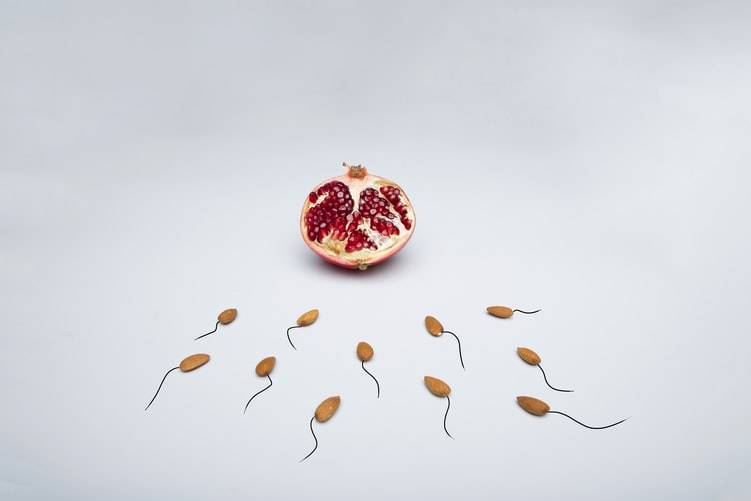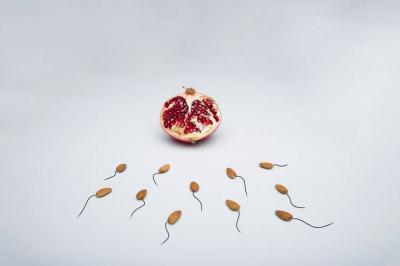Under the title "Coronavirus Vaccine and Sperm Counts: A Study Reveals 'The Truth'," Sky News published news about a recent medical study concluding that the sperm counts produced by men were not adversely affected by the COVID-19 vaccine. This came after a wave of controversy spread widely among social media users worldwide. Some men hesitated to get vaccinated against COVID-19 due to fears about the potential impact on their sperm.
However, CNN reported that the new study provides evidence that dispels those concerns and encourages men to receive the vaccine. The study, published in the Journal of the American Medical Association on Thursday, indicated that the quantity and quality of sperm remained unaffected in men who received one or two doses of the Pfizer and Moderna vaccines.
David Cohen, the co-medical director of the Human Reproduction Institute in Chicago, stated, "We now have evidence that should reassure men that the risk of vaccination on sperm count is extremely low." Cohen, who did not participate in the study, had previously contributed to a systematic review finding that the coronavirus does not spread through sexual contact.
The study analyzed sperm samples from 45 men aged 25 to 31, who had been screened beforehand to ensure they had no fertility issues. Samples of sperm were taken from these participants before they received their first dose, and again after 70 days following the second dose. Researchers examined the sperm samples for concentration, motility, and total count.
Ranjith Ramasamy, the study's author and director of male reproductive medicine and surgery at the University of Miami’s health system, stated, "We found no changes in the sperm parameters of healthy men we studied who received two doses of the RNA-based COVID vaccine." The study did not test other vaccines like Johnson & Johnson and AstraZeneca.
Ramasamy added, "However, we believe the mechanisms of action for these vaccines are somewhat similar, despite differences in genetic material. Thus, based on biological principles, we do not expect anything different from these two vaccines." He emphasized the need for larger studies with men of varying ages to confirm the study's findings.




